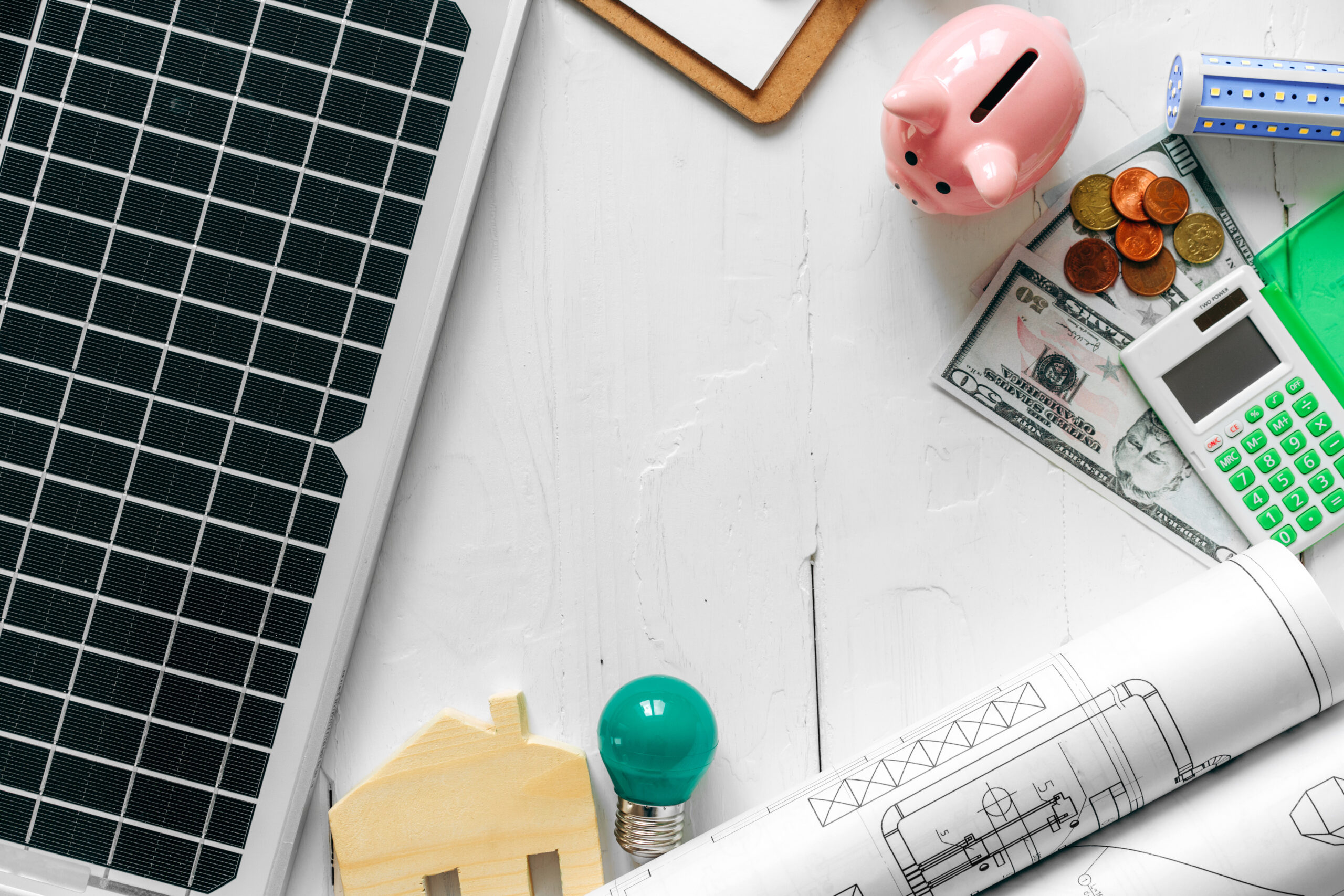The good news for homeowners in South Africa is that while electricity rates continue to soar, the price of solar panels has hardly gone up in several years, making it easier for even the most cash-strapped family to have some form of solar water heating system. And there are financing options where you can pay over 1 – 5 years.
While many are ready to make the change, to save a fortune on electricity and to commit to the fight against the damage done to our natural resources, most of us really don’t know where to start when considering the purchase of a solar water heating system.
So, what do you have to consider when you do decide to fight high electricity tariffs and do your bit for our depleted natural resources? For those of us who aren’t technically minded, finding the right solar water heating system is very daunting.
Here’s what you need to focus on:
How Solar Water Heating Works
Before you get confused at the outset of your journey to the right solar geyser, you need to know that solar water heating is a different type of technology from that of solar-powered electricity generation.
The one type of solar technology is designed only to heat water, while the other generates electricity that can be used in the home.
The solar water heater is made up of a solar collector, with either flat plate or evacuated tubes, a geyser and sometimes a pump. The geyser is not on the roof.
The size of a solar water heating geyser is generally a bit bigger than the standard conventional geyser. This is because it needs to be able to store all the water you need for each day.
There are several recommended options:
- Replace your electric geyser completely
- Use your existing electric geyser and convert it to solar (a retrofit)
Two Types of Solar Water Heating Systems
Direct Systems:
These are not a great idea if you live in an area that faces exceptionally cold temperatures. They contain a heat transfer system that will circulate water straight to the geyser from the solar collector. These systems are ideal for Cape Town as temperatures never go below freezing.
Indirect Systems:
These solar water heating systems contain a heat transfer medium that does a loop through pipes in the system to heat water and then return it to the solar collector to be reheated. A must-have system in Gauteng and anywhere where temperatures go below freezing.
Two Types of Solar Collectors
There are two major types of solar collectors, which are the solar water heating panels that draw the heat from the sun to provide the heat used in the system. These are:
Flat Panel Collectors:
Flat panel collectors can be mounted on any north-facing roof that gets sun all day.
Evacuated Tubes:
These tubes create a sealed vacuum in the parallel pipes that make up the collector, which means you’ll have water that stays hot once it’s been heated. Ideal for east or west-facing roofs that only get half a day’s sun
Doing a little research into which of these two systems would suit you is a good idea, as both of them work well if they’re used in the right type of solar water heating system.
Looking for guidance?
If you’re looking for the best advice and guidance on solar hot water systems in Cape Town, the team standing by at Renaissance Solar will be more than happy to introduce you to the right system to give you an exceptional return on investment!

